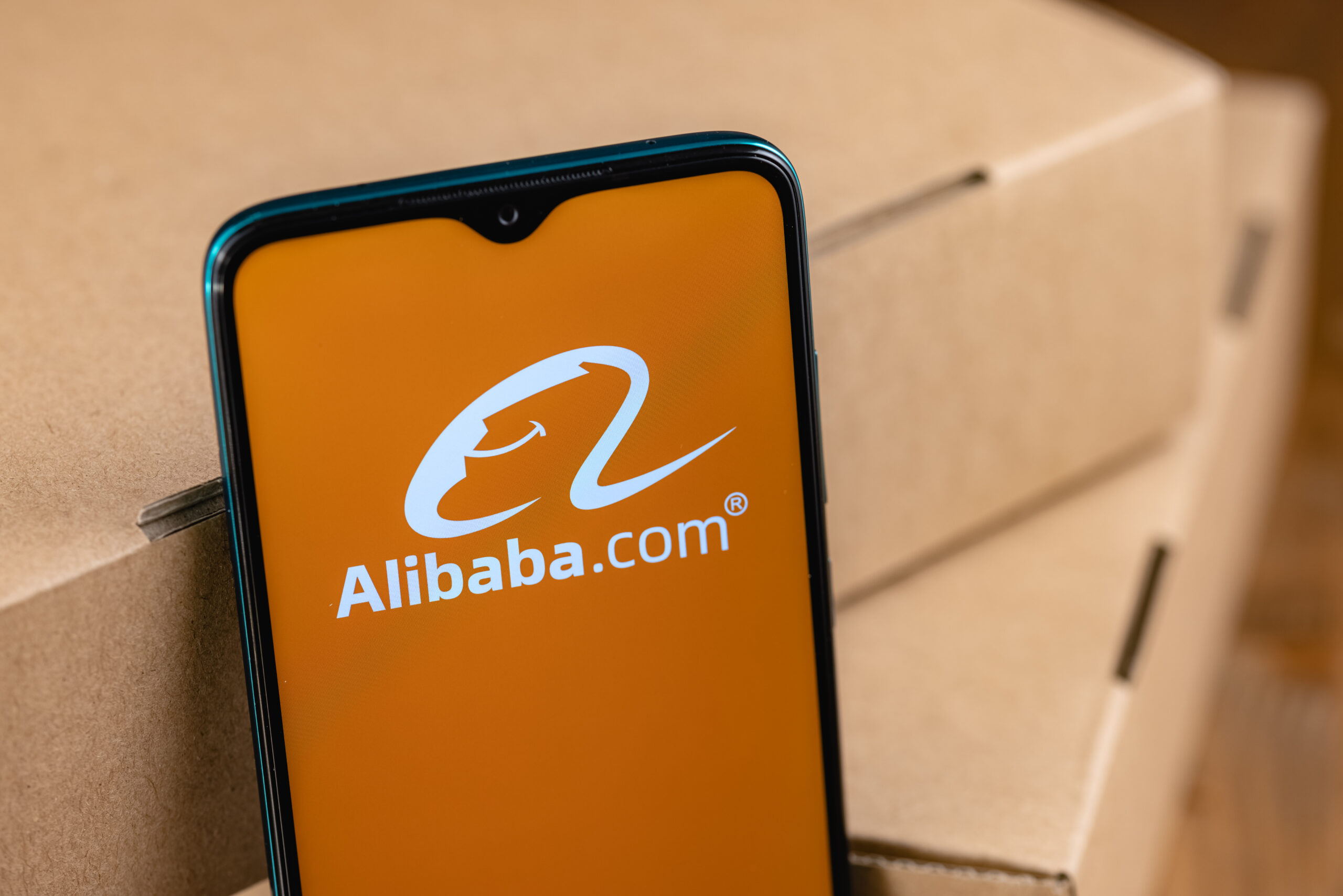As you navigate the rapidly evolving landscape of automotive technology, you’ll find Alibaba Group at the forefront of artificial intelligence integration. The tech giant is forging strategic partnerships with industry leaders BMW and Nio, revolutionizing the driving experience through advanced AI applications. These collaborations aim to enhance in-vehicle systems, offering you more intuitive and responsive interactions with your car. From natural language processing to intelligent personal assistants, Alibaba’s AI technologies are set to transform your daily commute and long drives alike. As the automotive industry accelerates towards a smarter future, you’ll witness firsthand how these partnerships are shaping the next generation of intelligent vehicles, promising a seamless blend of technology and transportation.
Alibaba’s AI Ambitions in the Automotive Sector

Alibaba’s recent partnerships with BMW and Nio highlight the tech giant’s bold vision for AI integration in the automotive industry. By leveraging its advanced Qwen large language model (LLM), Alibaba is positioning itself as a key player in the evolution of intelligent mobility.
Enhancing In-Vehicle Intelligence
The collaboration with BMW marks a significant milestone in Alibaba’s automotive AI strategy. By incorporating the Qwen LLM into BMW’s Intelligent Personal Assistant (IPA), Alibaba aims to revolutionize the in-car experience. This integration promises more natural voice interactions and improved mobility services, setting a new standard for intelligent vehicles.
Powering Smart Cockpits
Alibaba’s partnership with Nio further demonstrates its commitment to AI-driven automotive innovation. The integration of Qwen LLM into Nio’s smart cockpits will enable advanced conversational functions, creating a more intuitive and responsive driving environment. This collaboration showcases Alibaba’s versatility in adapting its AI technologies to different automotive platforms.
Driving R&D Efficiency
Beyond enhancing user interfaces, Alibaba is also exploring ways to improve automotive research and development. The potential use of Alibaba’s AI programming tool, Tongyi Lingma, by Nio highlights the company’s holistic approach to AI integration in the automotive sector. This initiative could significantly boost R&D efficiency, accelerating the pace of innovation in the industry.
Enhancing BMW’s Intelligent Personal Assistant with Qwen LLM
Revolutionizing In-Car Voice Interactions
BMW’s partnership with Alibaba marks a significant leap forward in automotive AI integration. By incorporating Alibaba’s Qwen large language model (LLM) into BMW’s Intelligent Personal Assistant (IPA), the automaker is set to transform the in-car experience for drivers and passengers alike. This collaboration aims to create more natural, intuitive, and responsive voice interactions within BMW’s upcoming Neue Klasse intelligent vehicles.
Advanced AI Capabilities
The integration of Qwen LLM will empower BMW’s IPA with advanced natural language processing capabilities. This enhancement will enable the system to better understand context, nuance, and user intent, resulting in more accurate and helpful responses. Drivers can expect smoother conversations with their vehicles, ranging from simple commands to complex queries about navigation, vehicle status, or even general knowledge.
Improved In-Car Mobility Services
Beyond voice interactions, the AI-enhanced IPA will significantly upgrade BMW’s in-car mobility services. The system will be able to provide more personalized recommendations, anticipate user needs, and offer proactive assistance. This could include suggesting optimal routes based on real-time traffic data, recommending nearby points of interest tailored to the driver’s preferences, or even adjusting vehicle settings for optimal comfort and efficiency.
Nio Integrates Alibaba’s Qwen LLM for Conversational AI
Enhancing Smart Cockpit Capabilities
Nio, a leading Chinese electric vehicle manufacturer, has partnered with Alibaba to integrate the Qwen large language model (LLM) into its smart cockpits. This collaboration aims to revolutionize the in-car experience by introducing advanced conversational AI functions. By leveraging Alibaba’s cutting-edge language technology, Nio is poised to offer drivers and passengers a more intuitive and responsive interface within their vehicles.
Elevating User Interaction and Comfort
Integrating Qwen LLM is expected to greatly enhance the natural language processing capabilities of Nio’s vehicles. This advancement will enable more fluid and context-aware conversations between users and their cars, potentially covering a wide range of topics from navigation and entertainment to vehicle diagnostics and personalized recommendations. The AI-driven system could adapt to individual user preferences over time, creating a more tailored and enjoyable driving experience.
Boosting R&D Efficiency with Tongyi Lingma
In addition to the Qwen LLM integration, Nio is exploring the use of Alibaba’s AI programming tool, Tongyi Lingma. This innovative technology can streamline Nio’s research and development processes, accelerating the pace of innovation within the company. By leveraging AI-assisted coding and development tools, Nio aims to enhance its efficiency in creating and implementing new features for its smart electric vehicles.
Leveraging Tongyi Lingma to Boost R&D Efficiency
Alibaba’s AI programming tool, Tongyi Lingma, is set to revolutionize research and development processes in the automotive industry. As Nio explores its potential, this cutting-edge technology promises to streamline operations and accelerate innovation.
Enhancing Coding Productivity
Tongyi Lingma’s advanced AI capabilities can significantly reduce the time and effort required for complex coding tasks. By automating repetitive processes and suggesting optimized code snippets, developers can focus on higher-level problem-solving and creative solutions. This increased efficiency could lead to faster development cycles and more frequent updates to vehicle software systems.
Facilitating Collaborative Development
The tool’s ability to understand and generate code across multiple programming languages makes it an invaluable asset for cross-functional teams. This feature can bridge communication gaps between different departments, fostering a more cohesive and productive R&D environment. As a result, automakers like Nio can expect smoother integration of various vehicle systems and technologies.
Accelerating Machine Learning Integration
Tongyi Lingma’s proficiency in AI and machine learning algorithms can expedite the development of intelligent vehicle features. From advanced driver-assistance systems (ADAS) to predictive maintenance capabilities, the tool can help researchers quickly prototype and refine AI-driven functionalities. This acceleration could give companies like Nio a competitive edge in bringing cutting-edge features to market.
By harnessing the power of Tongyi Lingma, automotive manufacturers can potentially reduce development costs, improve product quality, and bring innovative features to consumers more rapidly. As the industry continues to evolve, such AI-powered tools may become indispensable for staying ahead in the race for smarter, more efficient vehicles.
Alibaba’s Pivotal Role in the Future of Intelligent Mobility
Transforming In-Car Experiences
Alibaba’s partnerships with BMW and Nio represent a significant leap forward in the integration of AI into automotive technology. By incorporating the Qwen large language model into vehicles, Alibaba is revolutionizing the way drivers and passengers interact with their cars. This AI-driven approach promises to deliver more intuitive, responsive, and personalized in-car experiences, setting a new standard for intelligent mobility.
Enhancing Research and Development
Beyond improving user interfaces, Alibaba’s AI tools are poised to accelerate innovation in the automotive sector. The potential application of Tongyi Lingma, Alibaba’s AI programming tool, in Nio’s research and development processes showcases how AI can streamline and enhance the creation of next-generation vehicles. This collaboration could lead to faster development cycles and more advanced automotive technologies.
Shaping the Automotive Ecosystem
As Alibaba expands its presence in the automotive industry, it’s not just changing individual vehicles—it’s reshaping the entire ecosystem. By providing AI solutions that span from user interfaces to development tools, Alibaba is positioning itself as a key player in the automotive value chain. This comprehensive approach could foster new business models and partnerships, ultimately driving the evolution of smart transportation systems and connected car networks.
Key Takeaways
Alibaba’s strategic partnerships with BMW and Nio mark a major step in bringing AI into the automotive industry. These collaborations highlight Alibaba’s technological strength. They also underscore AI’s growing role in shaping future mobility. Furthermore, Alibaba applies its Qwen large language model and AI tools to upgrade in-car experiences. These tools enable intuitive and responsive interactions. They also create more personalized experiences for drivers and passengers. As the automotive industry evolves, more innovative AI applications are expected to emerge. Consequently, these advances will continue driving the industry toward a smarter and more connected future.
More Stories
AI Synergy: Exabeam and Vectra AI Forge Unified Front Against Evolving Cyber Threats
The alliance between Exabeam and Vectra AI marks a major cybersecurity advancement. This strategic partnership merges top-tier technologies from both companies to enhance defenses against complex cyberattacks.
ChatGPT Deep Research Now Integrates with Dropbox and Box for Enhanced Data Access
ChatGPT Deep Research integration with Dropbox and Box enhances data access for users enabling them to link cloud storage accounts directly to Deep Research.
Next-Gen Xeon 6 CPUs Elevate Data Center AI Workloads in Nvidia DGX B300
In the rapidly evolving landscape of artificial intelligence, staying ahead requires cutting-edge technology that can efficiently handle complex workloads. You...
Apple Trims Features to Fast-Track Smart Home Hub Amid Siri AI Delays
At the core of these delays is the sluggish advancement in Siri AI enhancements, pivotal to the hub’s operation.
Apex Group Taps Tom Bennett to Spearhead Global Fintech Strategy
Apex Group Ltd. has strategically appointed Tom Bennett as Global Head of Fintech. This pivotal role highlights Apex Group’s commitment to advancing its digital capabilities across private markets, capital markets, and digital assets.
Operator 2.0: OpenAI’s o3 Model Elevates Autonomous AI Agents
OpenAI’s latest advancement marks a new milestone with the introduction of Operator 2.0, powered by the cutting-edge o3 model


